Google's AI weather forecaster, Cohere's search, and Tenstorrent raises $693 million: This week's AI launches
Plus, Musical AI and Beatoven.ai announced a partnership to launch the world's first fully-licensed full-song AI generator
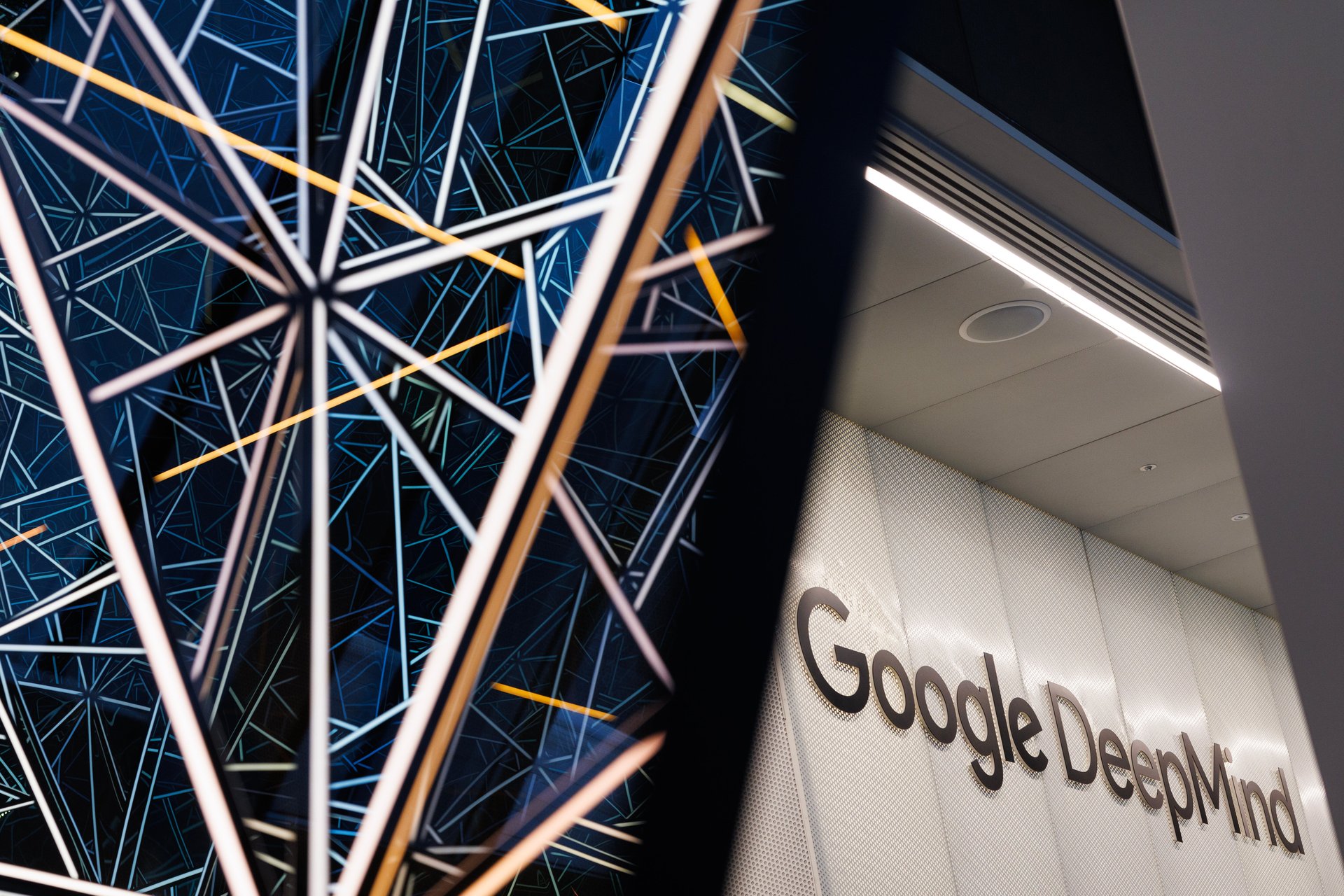
Each week, Quartz rounds up product launches, updates, and funding news from artificial intelligence-focused startups and companies.
Here’s what’s going on this week in the ever-evolving AI industry.
2 / 5
Google DeepMind’s AI weather model
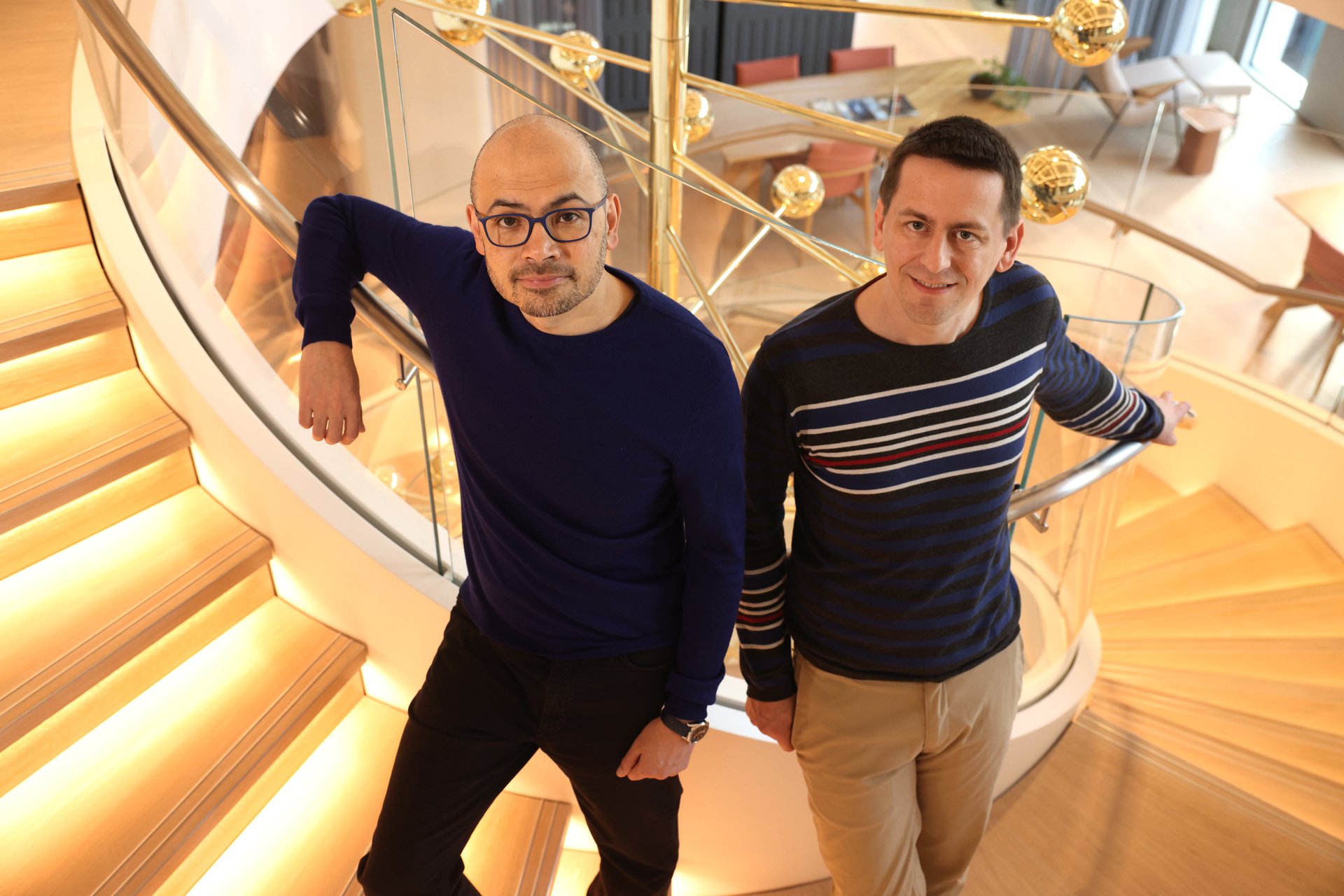
Google (GOOGL) DeepMind announced GenCast this week — a high resolution AI ensemble model that can give “better forecasts of both day-to-day weather and extreme weather events” than the world’s top modeling system — the ENS from the European Centre for Medium-Range Weather Forecasts. GenCast can forecast weather events up to 15 days in advance.
The diffusion model has “adapted” to the Earth’s spherical geometry, and can “learn” how to more accurately generate future weather scenarios.
“GenCast marks a critical advance in AI-based weather prediction that builds on our previous weather model, which was deterministic, and provided a single, best estimate of future weather,” Google DeepMind said. “By contrast, a GenCast forecast comprises an ensemble of 50 or more predictions, each representing a possible weather trajectory.”
3 / 5
Cohere’s AI search foundation model, Rerank 3.5
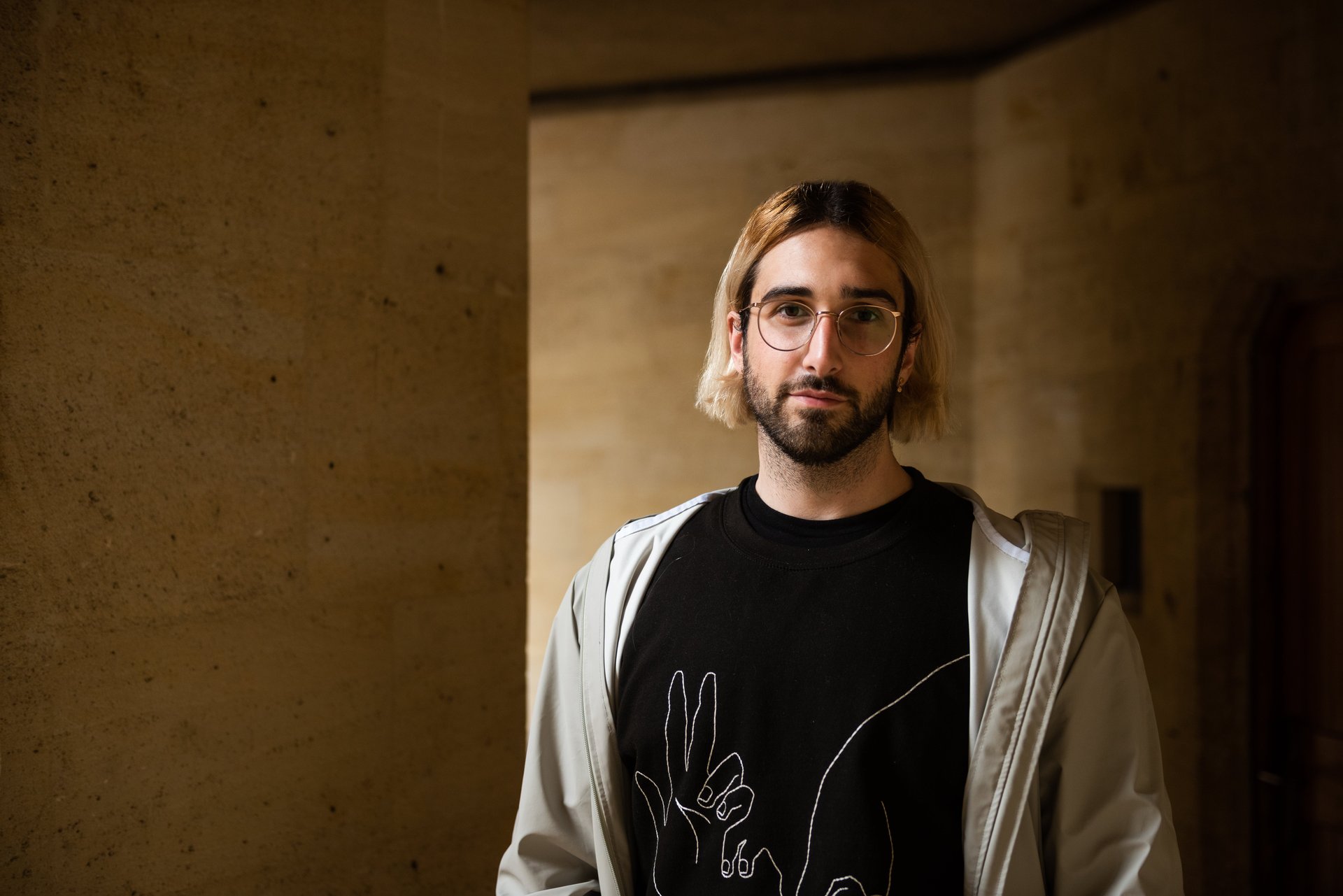
Cohere announced its latest AI search foundation model, Rerank 2.5, this week, that allows businesses to improve the relevancy of data that comes up in search and retrieval-augmented generation, or RAG, systems.
The state-of-the-art model has improved reasoning skills, “broad data compatibility” that allows for searching through long documents with metadata, semi-structured data, and code, and improved multilingual performance in over 100 languages.
Rerank 3.5 is available through Cohere’s platform, Amazon (AMZN) Bedrock, and Amazon SageMaker, and will be accessible through other cloud platforms in the future.
4 / 5
AI computing startup Tenstorrent’s $693 million Series D
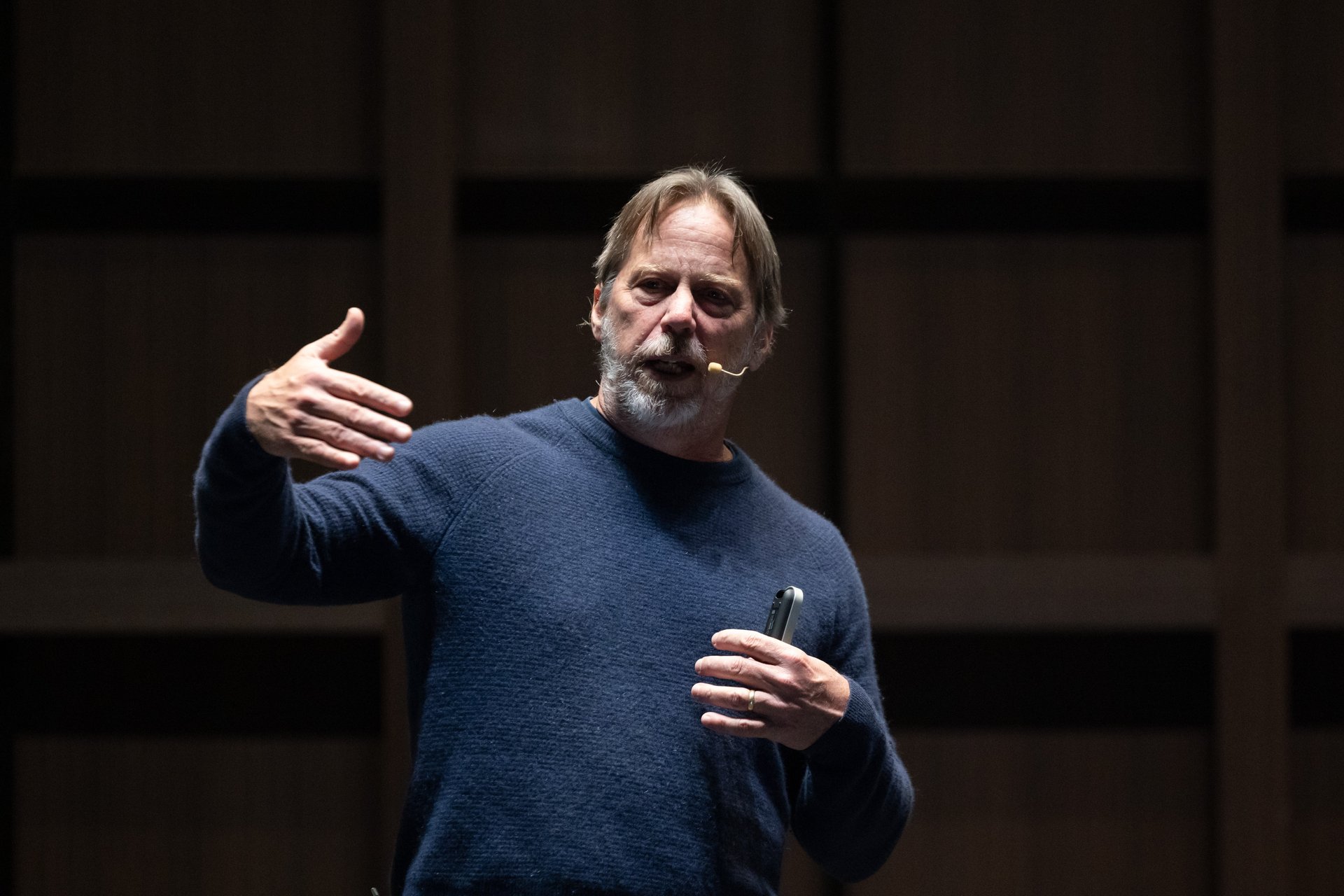
Tenstorrent, an AI computing startup planning to compete with AI chipmakers such as Nvidia, announced that it closed over $693 million in Series D funding this week. The funding round, which gives it a pre-money valuation of $2 billion, counted over 12 investors including Hyundai Motor Group (HYMTF) and LG Electronics (LPL) who are customers of the startup. The funding round was led by Samsung Securities and AFW Partners.
The startup is focused on providing advanced, open-source AI accelerators as well as RISC-V CPUs and open-source software stacks that customers can own and customize.
Tenstorrent will use the funding to continue building open-source AI software stacks, hire developers, grow its development and design centers around the world, and build systems and clouds for developers.
“We are excited by the breadth of investors that believe in our vision,” Tenstorrent chief operating officer Keith Witek said in a statement. “If you look at this group, you see a balance of financial investors and strategic investors, as well as some notable individuals that have conviction in our plans for AI. They respect our team, our technology, and our vision. They see the ~$150M in deals closed as a strong signal of commercial traction and opportunity in the market.”
5 / 5
Musical AI and Beatoven.ai’s partnership to launch a full-song AI generator
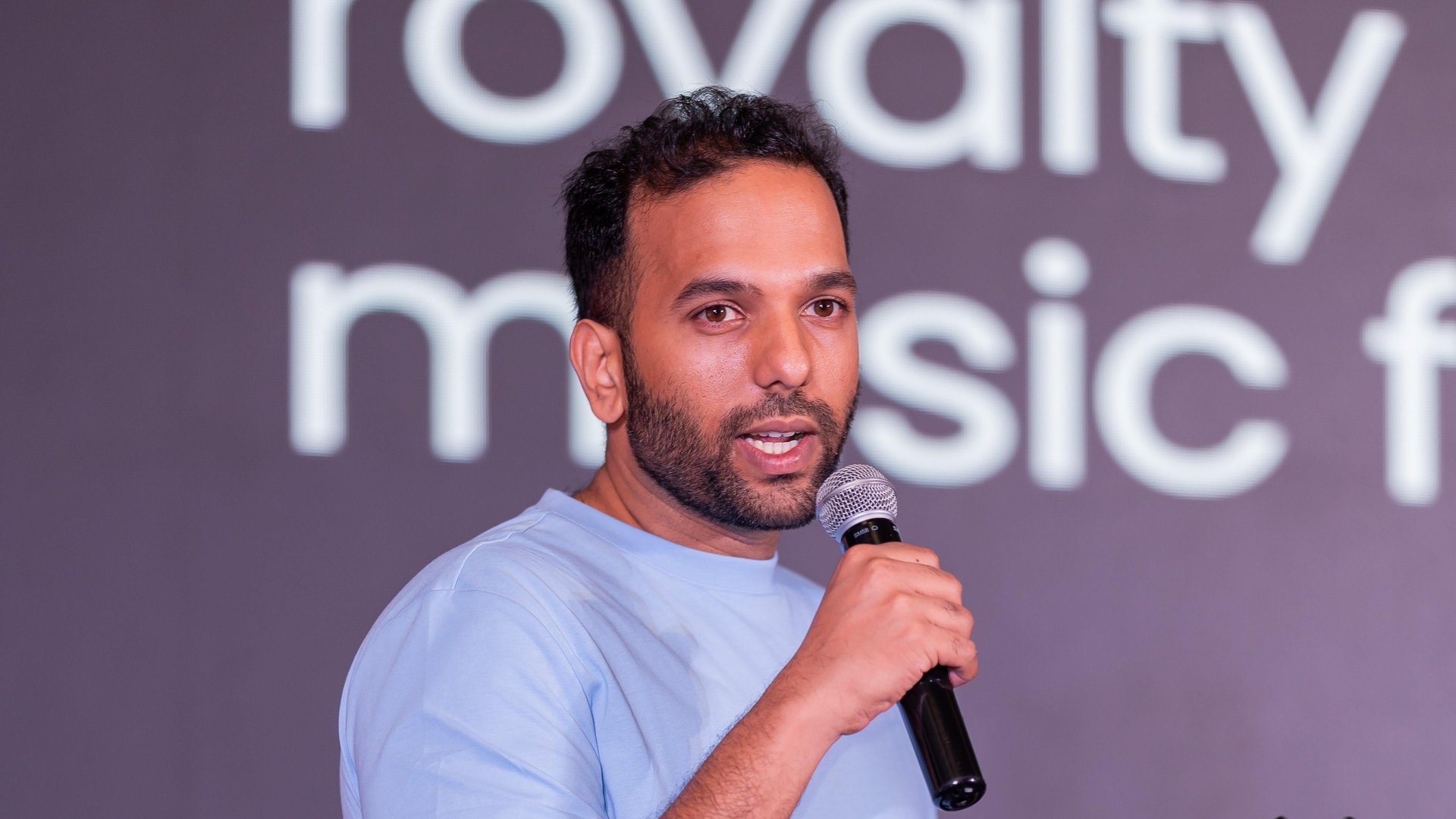
Musical AI and Beatoven.ai announced a partnership this week to launch the world’s first fully-licensed full-song AI generator that pays rights-holders for using their music. The platform will be trained on more than 3 million copyrighted songs and other audio, the companies said.
Beatoven.ai, a “fairly trained” AI music generator platform for audio-visual content creators, is creating the generator, and using Musical AI for data licensing, attribution of generated outputs, and payments to music rights-holders.
“We are working with the forward-thinking, ethically driven team at Beatoven.ai because they see the value in proving that generative AI can be legal and can compensate original content creators for their work while still thriving as a business,” Musical AI chief executive Sean Power said in a statement. “There are no more excuses for not doing things right and well. We’re proving this with this first-ever service.”
Musical AI will exclusively offer the model, which will launch in the second half of 2025, to its enterprise clients.